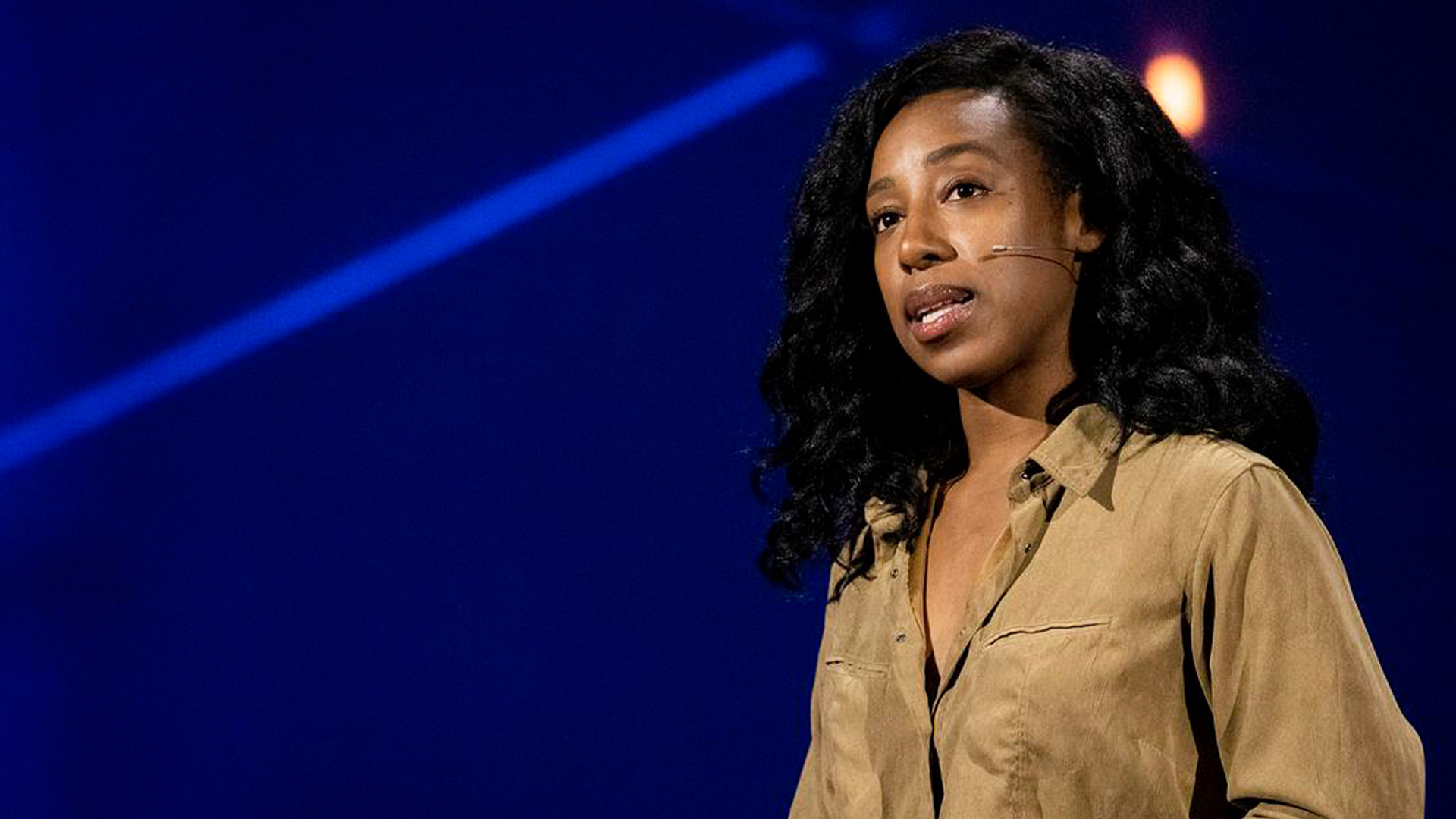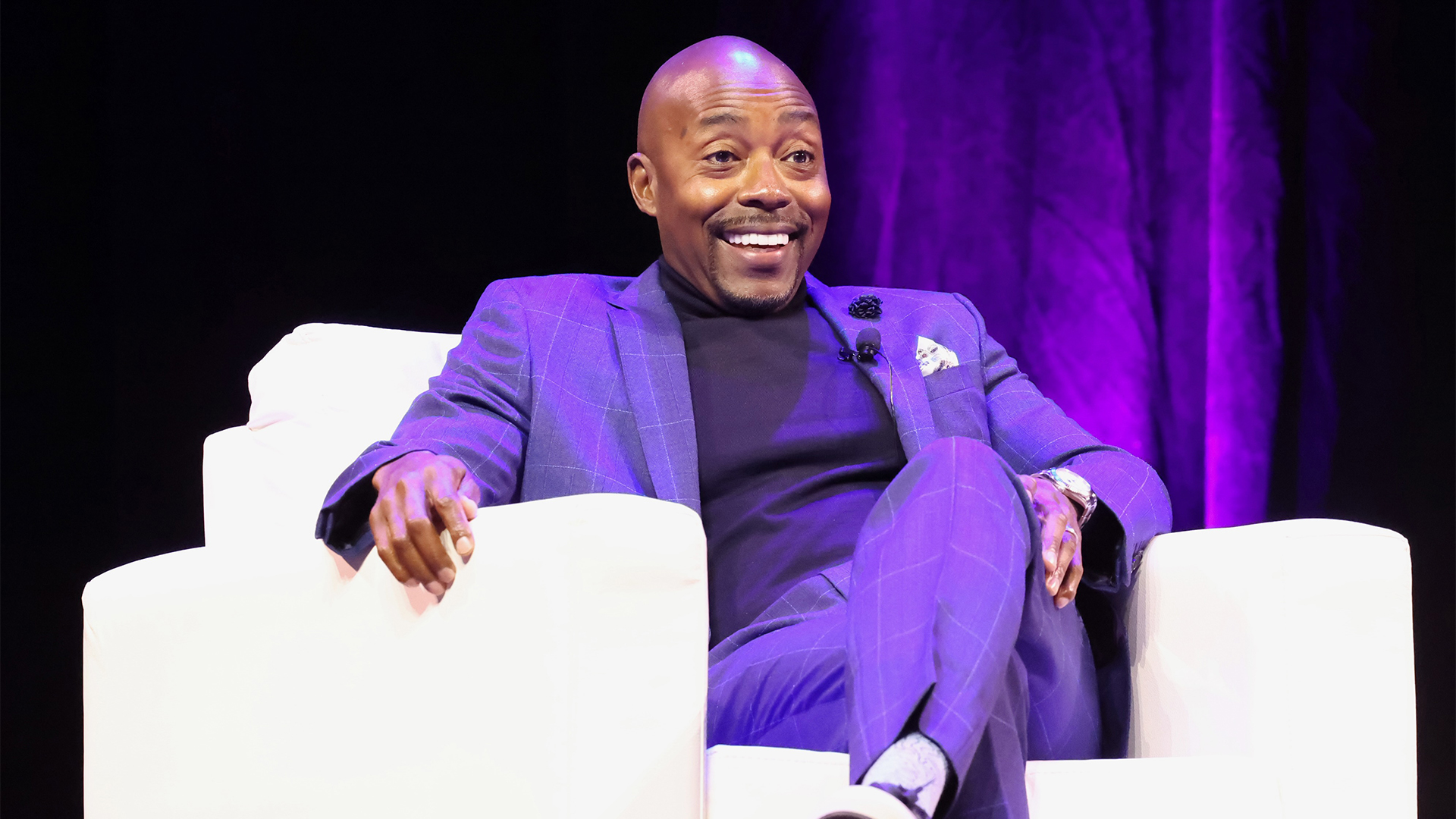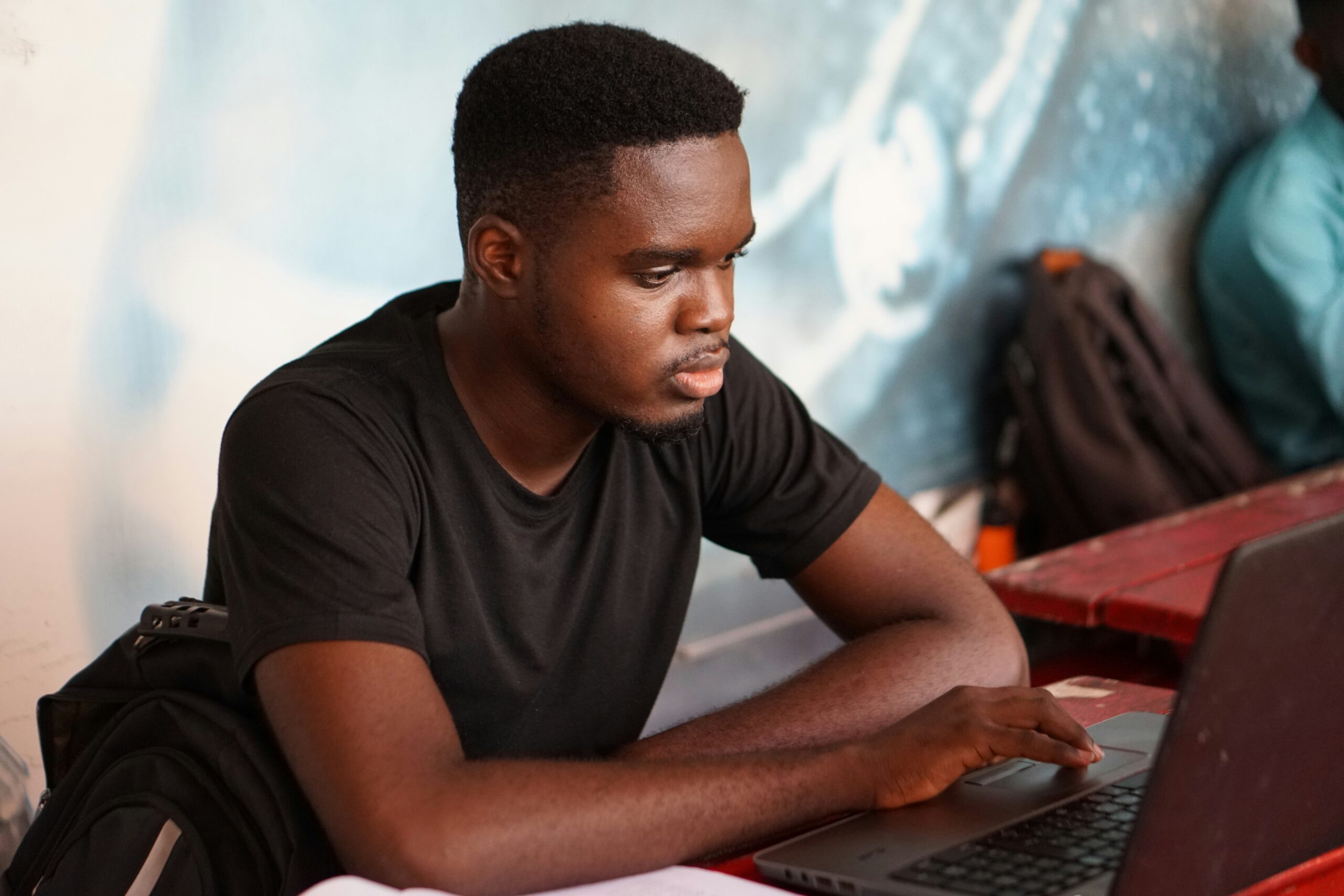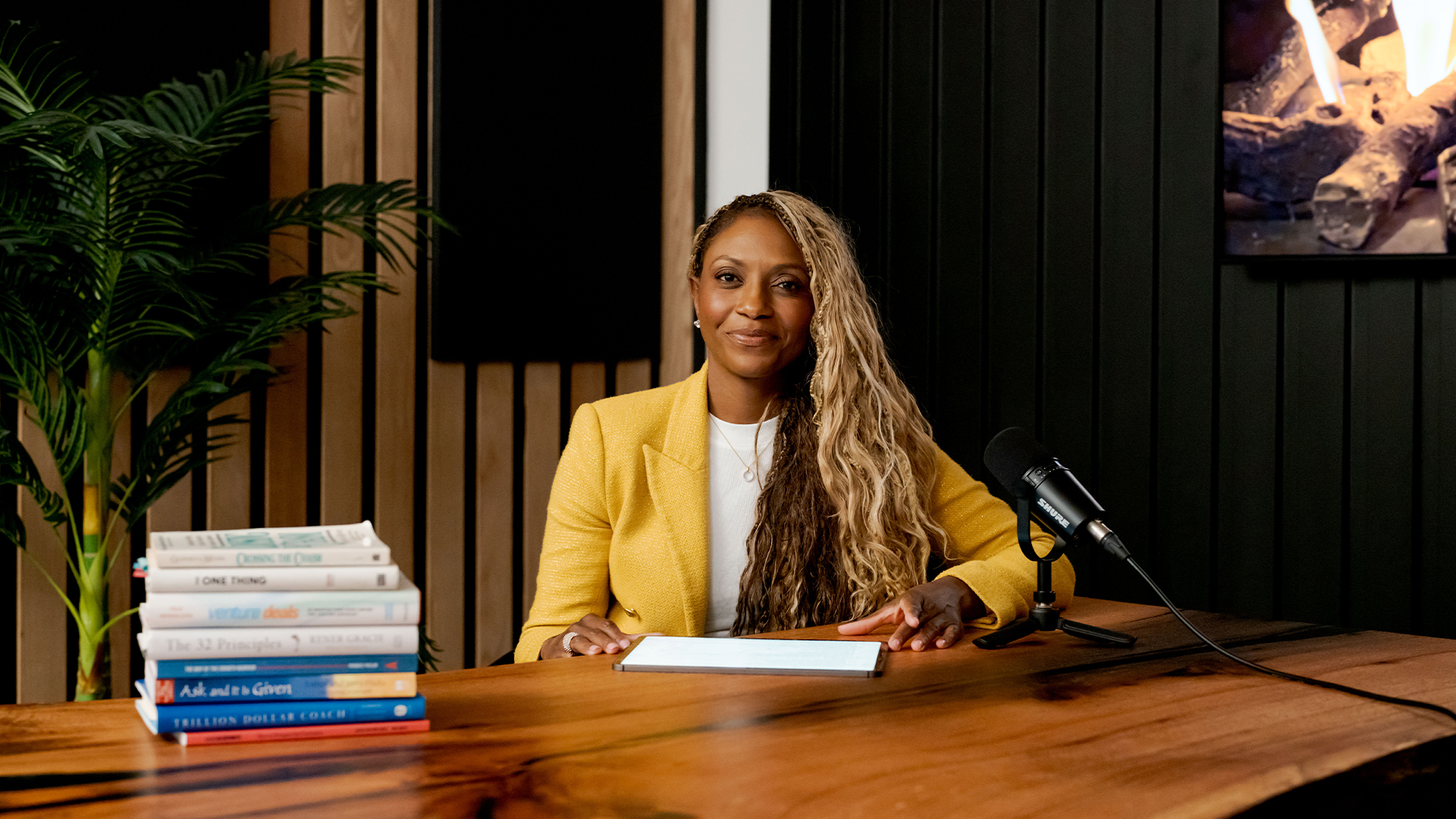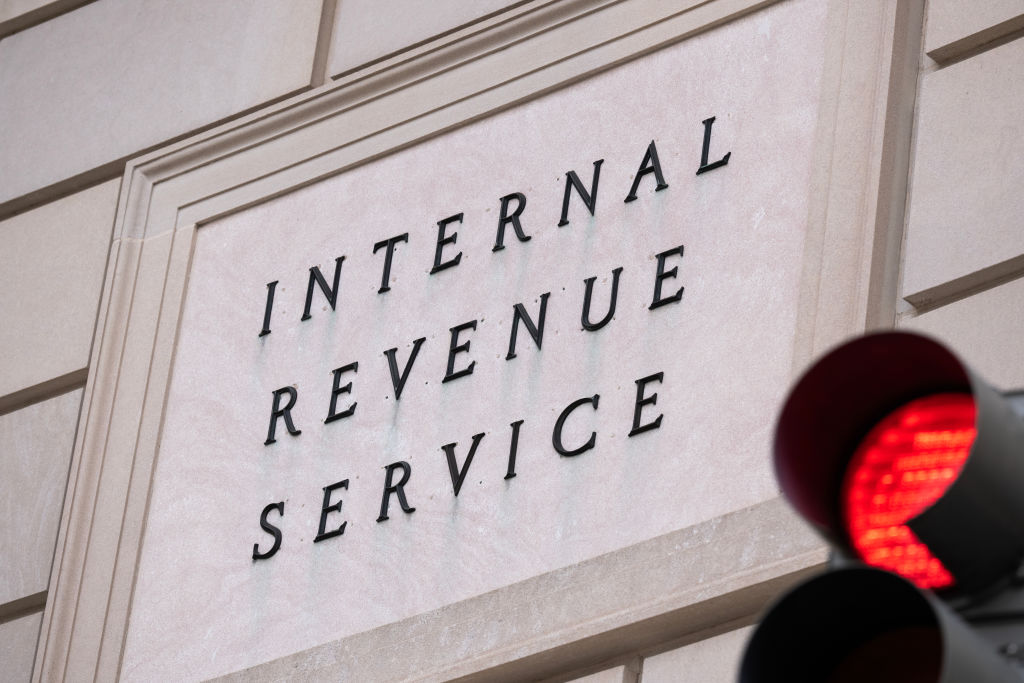Parity founder Bree Jones has learned the value of resilience on multiple occasions.
In 2022, she held a TED Talk at TED 2022: A New Era titled “How to revitalize a neighborhood — without gentrification.”
But before gracing the stage, the equitable housing developer had been rejected her first time applying to be a TED Fellow after making it to the second round.
It wouldn’t be the first time that Jones had to persevere to achieve what she knew she was more than capable of.
Growing up in New Rochelle, NY, Jones witnessed gentrification firsthand around ten years ago. The beginning of her fight for social justice would come after she graduated from college — around the same time as the murder of Trayvon Martin. It was a pivotal moment that “lit a fire” inside her.
“It really catalyzed me, and I was angry,” Jones told AfroTech. “I was protesting in the streets, shutting down highways, and managed to find a local grassroots social justice organization that took me in, saw my anger, and started to teach me some of the framework around racial equity and racial justice. [It was] the first time that I learned critical race theory. [The] first time that I learned about redlining — which is really a shame — was at 20-years-old, but it just opened my eyes to a lot.”
Jones became heavily invested in learning about real estate development. However, her academic background was in finance, which initially led her to work as a financial analyst on Wall Street.
At just 24-years-old, Jones was making well into six figures. Although she believes she had the potential of climbing the corporate ladder to be a senior executive, she felt in her spirit that it wasn’t the job she was called to do.
Trusting her gut, she quit her job on Wall Street and looked to start her own company after years of doing community work. Conceptualized in 2018 and incorporated in 2020, that company turned out to be Parity — a Baltimore-based equitable development company that acquires and rehabilitates abandoned properties to create affordable homeownership.
Jones’ vision was becoming clearer of the work she wanted to do. However, how to get it done became a challenge.
“I ran out of my savings before I could say savings,” she admitted. “It was gone immediately. And I had to do odd jobs or little consulting gigs on the side to try to make ends meet. But living two years without a salary is the most stressful thing. I went into default on all of my student loans. Credit cards were like calling me nonstop.”
Although Jones had no more savings and was living without a salary, she wasn’t deterred from her mission of garnering support to bring Parity to fruition.
Understanding that there’s power in numbers, Jones brought together a group of Baltimore residents alongside her to make investors see how much there is demand for housing. She knew that if the home vacancies transformed into beautifully renovated buildings, Black people would flock to them. It was an ambitious endeavor to present to investors, but Jones was able to rise to the occasion.
“I basically took their rejections as a challenge,” she said. “I’m like, okay if you think there’s no demand, I’m going to go and prove there’s a demand. I’m going to bring the demand to you. From there, without us having a single dollar of capital raised, without us even owning a single building, I just socialized this idea with neighbors and with folks from the city. ‘Hey, what if we got 30 of us to move on this block together? Would you want to do that?’ And so without owning anything, without having any money raised, we were able to pre-sell an entire block of properties.”
“And I was able to bring to the investors, like, ‘Look, I have a room full of 30 people who say if you give me $1 million so I can go renovate these houses, they’ll move in,'” she continued. “It took a while to get to that point, but after two years of just continuing to build that social capital, we’ve gotten a lot more attention.”
Despite the critics, Jones was able to rise against the challenges blocking her way. In January 2021, Parity raised its first $150,000. Then, in January 2022, the company raised $2 million.
According to Next City, the $2 million was awarded by the Equitable Development Initiative — funded by JPMorgan Chase — in its commitment to support more women of color in real estate. Along with hiring her first full-time staff, Jones was able to formally start putting herself on salary.
She hopes to gain larger institutional support, city foundations, and corporations to back her efforts to revitalize Baltimore neighborhoods.
“The issue is so big it creates a feeling of helplessness, but an institutional partner makes it seem like we can actually do something about it,” Jones told the outlet.
